Our Mission to Protect the World’s Forests
We are working in 60+ countries to build sustainable, rural economies—a proven strategy to keep our forests standing.
Home / Issues / Forests & Biodiversity / Page 23
Forests are critical to every living thing on Earth. Not only do they give us clean air, shelter, and rain, they house 80 percent of the world’s terrestrial biodiversity. Alarmingly, humans have destroyed half of the world’s tropical forests and driven extinction rates up thousands of times higher than what is natural.
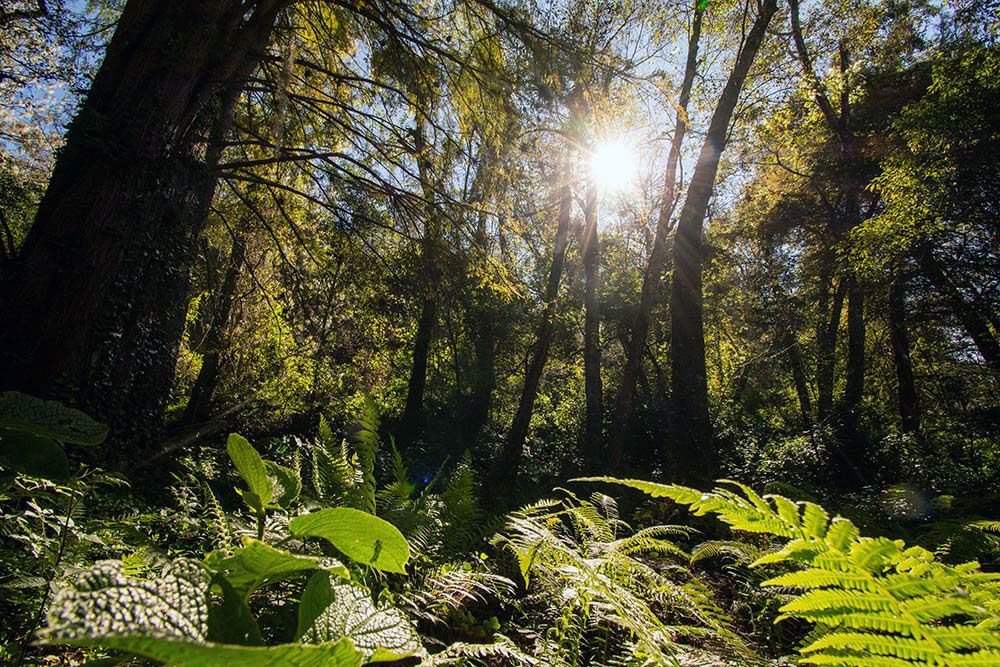
Forests are a powerful natural climate solution. As trees grow, they absorb and store carbon emissions, while releasing oxygen into the atmosphere. Conserving forests could cut an estimated 7 billion metric tons of carbon dioxide each year—the equivalent of getting rid of every car on the planet.
![]()
in the forest concessions of the Maya Biosphere Reserve, Guatemala*
In Guatemala’s Maya Biosphere Reserve, twelve community forestry concessions safeguard around 417,269 hectares of the largest and most important tropical forest north of the Amazon. These community-run concessions boast a near-zero deforestation rate—a remarkable feat given that adjacent areas suffer some of the highest deforestation rates in the Americas.
*Community forestry concessions in Guatemala’s Maya Biosphere Reserve have demonstrated a near-zero deforestation rate, since data collection began in 2000. Data accurate as of December 2019.
![]()
From 2020 through 2021, farmers we work with in the buffer zone of Indonesia’s Bukit Barisan Selatan National Park planted 45,000 trees in the area directly bordering the park. In addition, we identified 80 farms that sit in a wildlife corridor used by the critically endangered Sumatran elephant. We supported these farmers in planting species that suit the elephants’ diet.
*Data accurate as of December 2022
Together with forest and farming communities, Indigenous leaders, companies, governments, and global citizens, the Rainforest Alliance works in 58 countries to promote more sustainable land management practices while cultivating thriving rural economies—the most widely proven strategy to restore biodiversity and keep our tropical forests standing.
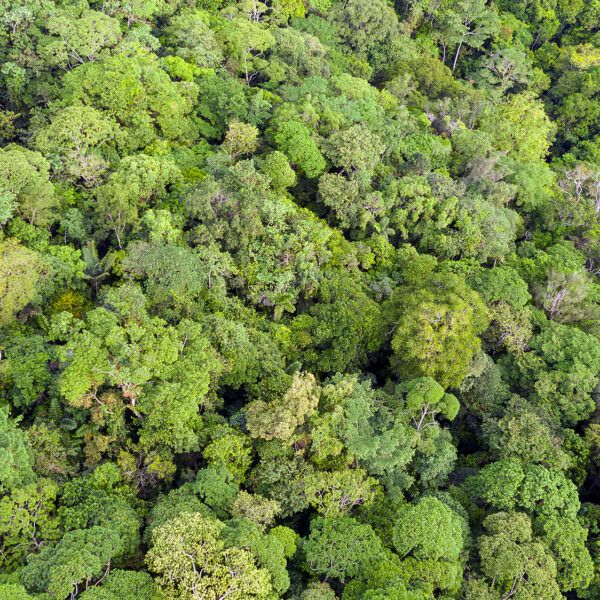
We are working in 60+ countries to build sustainable, rural economies—a proven strategy to keep our forests standing.
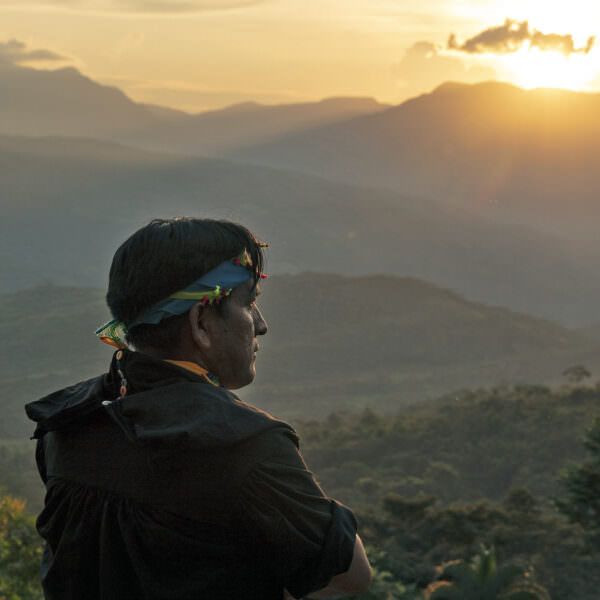
Indigenous peoples and local communities have an unsurpassed connection to the Earth's forests.
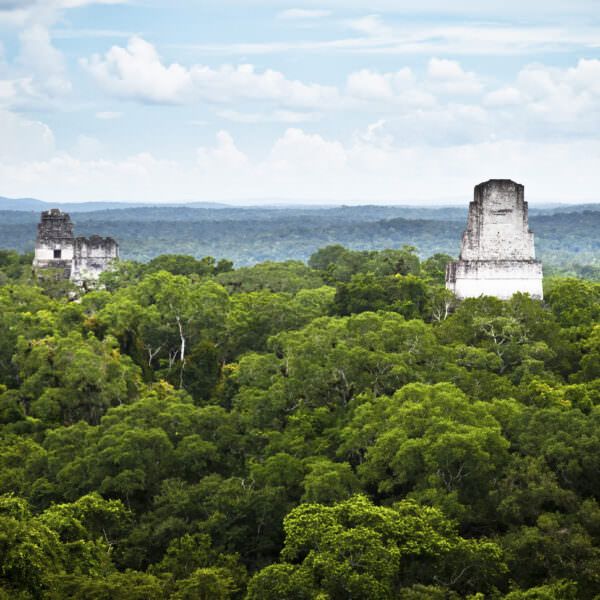
The forest concessions of the Maya Biosphere Reserve have boasted a near-zero deforestation rate for 20 years.
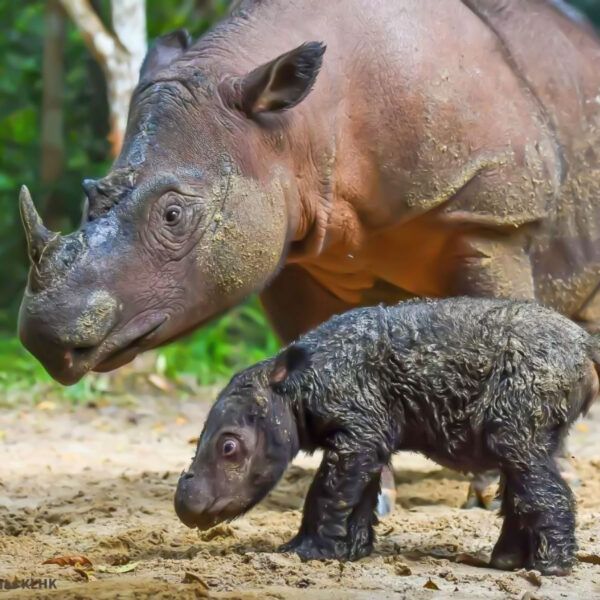
We're training coffee farmers in the Bukit Barisan Selatan National Park buffer zone to help them conserve biodiversity and improve their livelihoods.

In line with the approach advocated by the Accountability Framework Initiative—and other leading environmental NGOs— our 2020 Certification Program not only prohibits deforestation but also the destruction of all natural ecosystems, including wetlands and peatlands—meaning more land will be protected.

The Rainforest Alliance’s sustainability certification is evolving, with the publication on June 30 of a new program with more robust criteria, measurement, and impact featuring several key innovations.

All players in the food supply chain must work together to ensure that these emerging technologies catalyze an era of more responsible farming.

As people around the globe mark World Rainforest Day, Mohammad Zainuri Hasyim of the Rainforest Alliance in Indonesia says we must start recognizing the power of Indigenous and local communities in preserving this vital natural resource.

When Guatemala created a major reserve 30 years ago, environmentalists complained that too much land was entrusted to local people and not converted to parks. Now, the parks have been overrun by ranches linked to drug traffickers, while the community-run lands are well preserved.
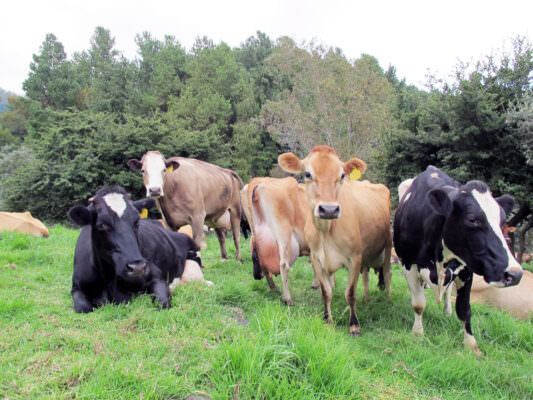
Our certification criteria reduce emissions, conserve natural resources, and promote the humane treatment of cattle.... Continue Reading